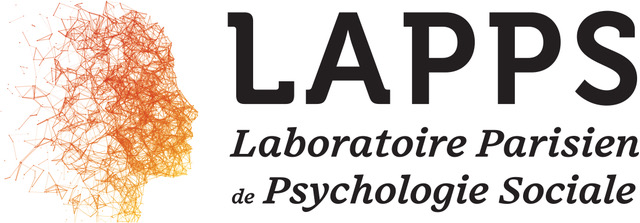Version française / Acutalité du LAPPS - colloques, manifestations scientifiques...
- Libellé inconnu,
- Libellé inconnu,
FLORIAN KAISER U. MAGDEBURG Environmental attitude within the Campbell Paradigm

Conférence du Pr Florian Kaiser (U. Magdeburg) sur les attitudes relatives à l'environnement Laboratoire Parisien de Psychologie sociale
le 28 septembre 2020
Bâtiment Max Weber (W)
Séminaire invité LAPPS
Environmental attitude within the Campbell Paradigm
Florian G. Kaiser, Otto-von-Guericke University Magdeburg, Germany
As with other areas of attitude research, studies of environmental attitude are plagued with the notorious attitude-behavior gap. This is problematic if people’s environmental attitude is supposed to represent the core personal reason behind manifest pro-environmental behavior. In contemporary environmental psychology, an escalating number of concepts and models is meant to overcome the gap. Incompatible highly complex models are but two of the consequences. In my presentation, I introduce the Campbell Paradigm, an alternative to the traditional understanding of attitudes and a novel theoretical account of individual behavior. In the logic of the Campbell Paradigm, personal attitudes and behavioral costs represent two separate compensatorily effective determinants of behavior. With this conceptual understanding, a person's attitude becomes obvious in the face of the behavioral costs the person surmounts. So far, our research on people’s attitudes toward environmental protection has demonstrated that the paradigm holds true for a vast majority (i.e., 95%) of the people in a given society. My presentation details some of the extant evidence for this novel paradigm of attitude research in general and of environmental attitude research in particular.
Florian Kaiser est Professeur Invité de l’Université Paris Nanterre, Laboratoire Parisien de Psychologie Sociale (Equipe Psychologie Sociale des Comportements et des Cognitions).
Lundi 28 septembre, 14h, Amphi Bat Max Weber, Université Paris Nanterre.
Un lien en ligne sera disponible au regard des possibilités limitées d’accès à la salle en contexte COVID
Mis à jour le 03 mai 2021

